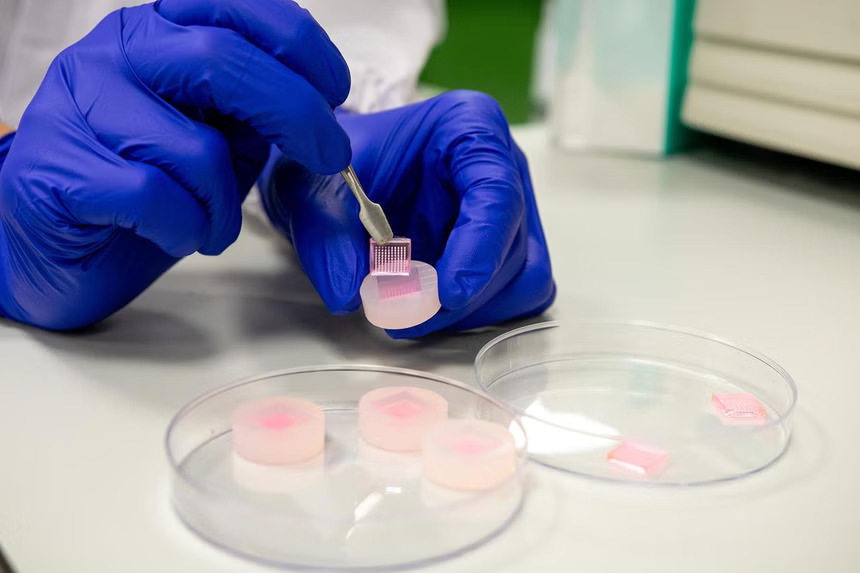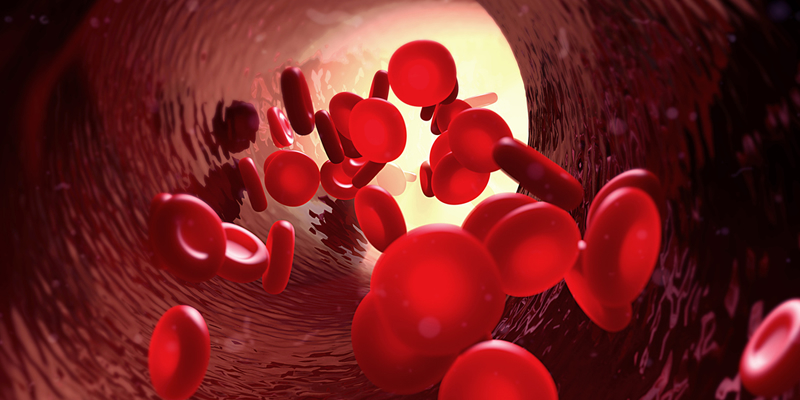Diabetes and Vision: The Silent, Irreversible Threat You Can’t Afford to Ignore
When most people think about diabetes, they often worry about blood sugar levels, heart disease, or kidney problems. However, one of the most serious and permanent complications of diabetes is its effect on your eyes. Diabetic eye disease can lead to irreversible vision loss, and because it is not immediately life-threatening, it often does not get the attention it deserves. Yet, for those affected, losing sight can be devastating and...
Diabetes Risk Can Surprisingly Be Lowered by Consuming This Sweet Food
It's a common belief that people with diabetes or those at risk should avoid sweet foods altogether. However, new research suggests that one of the sweetest fruits, mangoes, may actually help improve blood sugar regulation and reduce diabetes risk. Often celebrated for their tropical flavour, mangoes are now being recognised for their potential health benefits, according to a study published in the journal Nutrients. The study, conducted by the Illinois Institute...
Singapore Study Shows Strong Link Between Increased Risk of Type 2 Diabetes and Poor Sleep Health
A recent study conducted in Singapore has revealed a strong link between poor sleep health and an increased risk of developing Type 2 diabetes (T2D) in women, particularly those with a history of gestational diabetes mellitus (GDM). This research, spearheaded by the Global Centre for Asian Women’s Health (GloW) and the Department of Obstetrics and Gynaecology at the NUS Yong Loo Lin School of Medicine, in collaboration with Harvard T.H....
New Microneedle Technology Developed to Treat Diabetic Wounds
Diabetic wounds, particularly foot ulcers, are among the most serious complications of diabetes, a chronic condition affecting millions worldwide. In Singapore alone, around 400,000 people live with diabetes, and non-healing wounds lead to about four lower-limb amputations every day. These wounds are not just a medical challenge but also a heavy burden on patients' quality of life and the healthcare system. The difficulty in healing diabetic wounds stems from several factors....
BUZUD and Tan Tock Seng Hospital Unveil AI-Powered Diabetes Management Solution
BUZUD, in collaboration with Tan Tock Seng Hospital (TTSH), has successfully introduced an innovative AI-powered mobile application paired with a wearable Continuous Glucose Monitoring (CGM) device. The solution, named CARB-CGM, was unveiled during a launch event on 26 February, marking a significant step forward in simplifying diabetes management and empowering patients to take control of their health. With diabetes projected to affect up to 1 million people in Singapore by 2050,...
The Importance of Understanding Ketones in Diabetes Management
Managing diabetes involves constant vigilance over blood sugar levels, insulin usage, and overall health. One crucial aspect of diabetes care that is often overlooked is understanding ketones—byproducts of fat breakdown in the body. While ketones are a natural and necessary part of metabolism, for people with diabetes, they can become a sign of serious trouble if not managed properly. Understanding ketones is key to managing diabetes effectively and avoiding life-threatening...
The Silent Signs of Diabetes: How Early Detection Can Save Lives
Diabetes is a chronic condition that affects millions of people worldwide, yet many individuals remain undiagnosed until complications arise. Early detection is critical in preventing long-term health issues, but the early signs of diabetes are often subtle and easy to overlook. Understanding these warning signs and taking proactive steps can make a significant difference in managing the condition and improving overall health outcomes. [caption id="attachment_12292" align="alignright" width="429"] Photo by Claudia Wolff...
The Hidden Key to Managing Diabetes and Blood Sugar
Have you ever wondered why some foods leave you feeling energised for hours while others make you crash soon after eating? The answer might lie in something called the Glycaemic Index (GI). If you have diabetes, are at risk of developing it, or simply want to improve your health, understanding the GI can make a big difference. [caption id="attachment_12261" align="alignleft" width="300"] Photo by Mark Patterson on Unsplash[/caption] Let’s break it down in...
BUZUD Singapore Signs MOU to Provide Healthcare Solutions and Community Support with Kampung Senang Charity and Education Foundation
Singapore, September 2024 — BUZUD Singapore, a leading healthcare solutions provider, has officially signed a Memorandum of Understanding (MOU) with Kampung Senang Charity and Education Foundation. The signing ceremony at BUZUD Singapore's Novena premises, marks the beginning of a significant partnership designed to bring advanced healthcare solutions and support to underserved communities. BUZUD Singapore kicks off this partnership with a strong start, committing a generous donation of 10 units of the...
Behind the Label: The Truth About “Reduced Sugar” Claims
In today’s health-conscious world, many consumers are drawn to food labels that promise to deliver on various health benefits. Phrases like “low sugar,” “low carb,” or “low fat” are often prominently displayed on packaging, and they tend to grab attention immediately. After all, who wouldn’t want to make healthier choices? However, these claims can sometimes be deceptive, serving more as a marketing strategy than a genuine indicator of health benefits. The...










